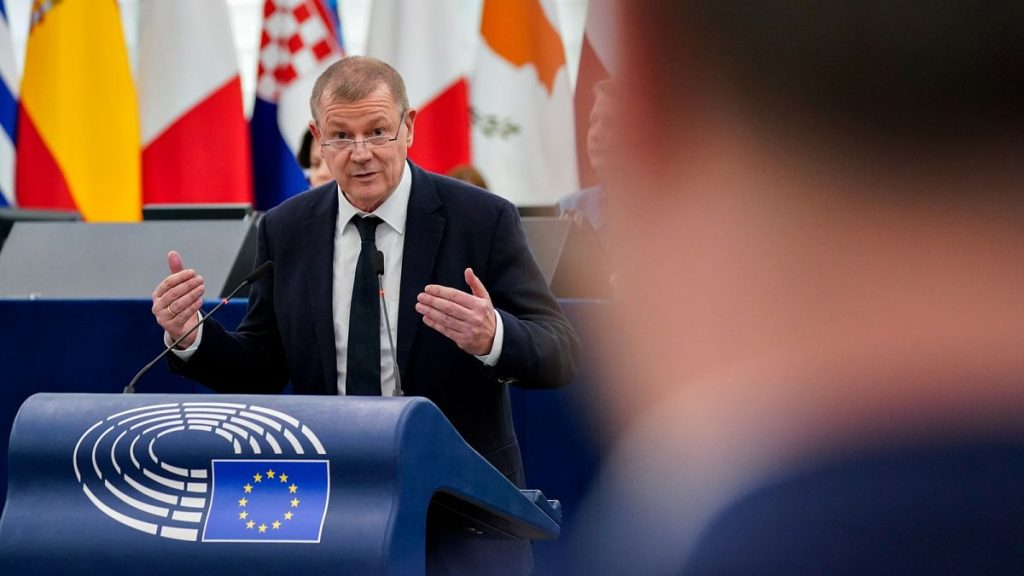European Commission President Ursula von der Leyen faced criticism after appointing German MEP Markus Pieper as Envoy for Small and Medium-sized Enterprises in a lucrative five-year post. The choice was challenged by four commissioners and various MEPs who questioned the recruitment process. Green MEP Daniel Freund argued that the selection should be repeated based on merit, gender balance, and underrepresented member states. Reports suggested that Pieper was deemed less qualified than other candidates, raising concerns about potential political motivations behind the appointment.
Despite the backlash, the European Commission defended the appointment, stating that the usual procedures were followed. Spokesperson Eric Mamer explained that the selection process involved a proposal by Commissioner Johannes Hahn, consultation with President von der Leyen and Portfolio Commissioner Thierry Breton. The Commission maintained that the process was conducted in compliance with procedures, although the specific stages of the selection process were not made public. Von der Leyen expressed full confidence in the process while facing scrutiny over the decision.
The controversy surrounding Pieper’s appointment highlighted concerns about the transparency and fairness of the selection process within the European Commission. Critics argued that the criteria defined by the Commission, including merit, gender balance, and underrepresentation among member states, were not adequately followed in this case. The issue raised questions about the influence of political affiliations and connections in the selection of candidates for key roles within the EU institutions.
Opposition to Pieper’s appointment came from Socialist, Liberal, and Green MEPs, who called for the decision to be rescinded in a resolution on the European Commission’s 2023 budget. The involvement of multiple commissioners in challenging the appointment underscored the seriousness of the concerns raised about favouritism and political influence in the recruitment process. The controversy also highlighted broader issues of accountability and governance within the European Union, prompting calls for greater transparency and adherence to established criteria in future appointments.
The case of Markus Pieper’s appointment as Envoy for Small and Medium-sized Enterprises served as a catalyst for a broader debate on the integrity of the selection process within the European Commission. The controversy shed light on the complexities and challenges of ensuring accountability and transparency in decision-making at the EU level. Critics called for a reevaluation of the process to ensure that appointments are based on merit, diversity, and fair representation of member states, rather than political considerations. The outcome of this dispute may have lasting implications for how key positions are filled within the EU institutions in the future.
Moving forward, the European Commission faces pressure to address the concerns raised by the controversy surrounding Markus Pieper’s appointment. Calls for greater transparency, adherence to established criteria, and independent oversight of the selection process could influence future decisions on key appointments within the EU institutions. The outcome of this case will likely impact perceptions of the Commission’s integrity and ability to maintain a fair and impartial recruitment process. As the debate continues, stakeholders will be closely monitoring how the EU addresses these issues and implements reforms to enhance accountability and trust in its decision-making processes.


